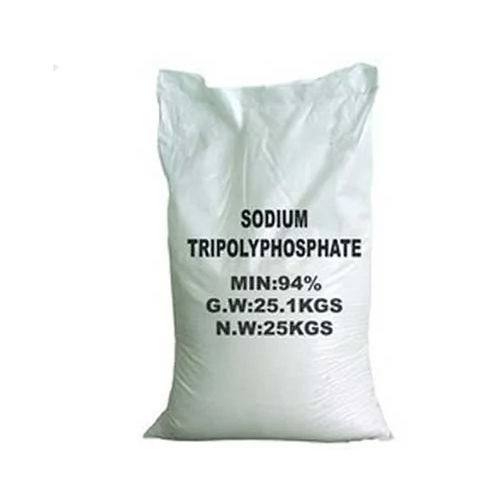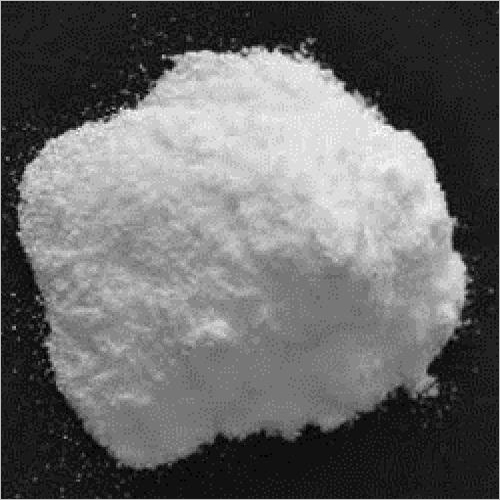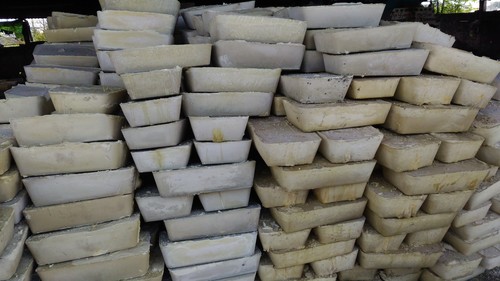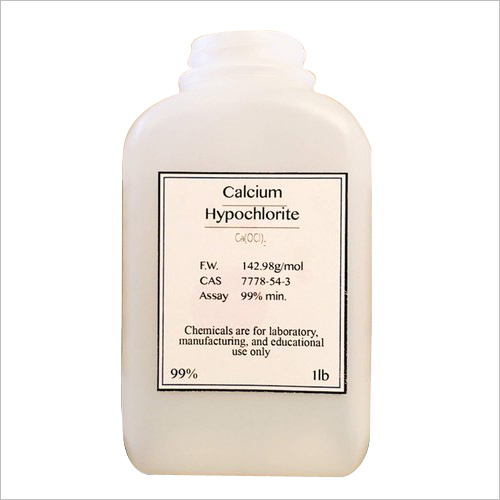Sodium Tri Polyphosphate
Price 90 INR/ Kilograms
MOQ : 500 Kilograms
Sodium Tri Polyphosphate Specification
- Physical Form
- Powder
- Grade
- Industrial Grade
Sodium Tri Polyphosphate Trade Information
- Minimum Order Quantity
- 500 Kilograms
- FOB Port
- Vadodara
- Payment Terms
- Cash Advance (CA), Cheque
- Supply Ability
- 10000 Kilograms Per Day
- Delivery Time
- 5 Days
- Sample Available
- Yes
- Sample Policy
- Contact us for information regarding our sample policy
- Packaging Details
- 25 Kg bag packing
- Main Export Market(s)
- Asia, Australia, Central America, North America, South America, Eastern Europe, Western Europe, Middle East, Africa
- Main Domestic Market
- , All India, South India, Central India, West India, North India, East India, Gujarat, Karnataka, Kerala, Lakshadweep, Mizoram, Meghalaya, Manipur, Andhra Pradesh, Bihar, Chandigarh, Daman and Diu, Goa, Jharkhand, Odisha, Punjab, Assam, Delhi, Dadra and Nagar Haveli, Andaman and Nicobar Islands, Arunachal Pradesh, Chhattisgarh, Haryana, Himachal Pradesh, Jammu and Kashmir, Madhya Pradesh, Maharashtra, Nagaland, Rajasthan, Sikkim, Tamil Nadu, Telangana, Tripura, Pondicherry, Uttar Pradesh, Uttarakhand, West Bengal
- Certifications
- msme certified company and iso 9001:2015
About Sodium Tri Polyphosphate
Sodium Tripolyphosphate acts as a reliable anti-scaling factor that can treat the hardness of water. Deposition or accumulation inside storage tanks may affect the flow rate of the stored fluid. The presence of hard ions like magnesium and calcium may also affect the quality of stored water. Based on the ph value of water, this chemical provide effective results by preventing accumulation inside storage tanks. As a sequestering factor, this chemical maintains the stability of the ph value of water. As a flocculating factor, this chemical is instrumental in the emergence of positive and negatively charged ions in the water.
Sodium Tripolyphosphate Features:
- Due to its many uses in many sectors, sodium tripolyphosphate is a versatile substance.
- It is a white, crystalline powder that mixes easily into liquid formulations since it is extremely soluble in water.
- As a sequestering agent, the substance binds to metal ions to stop them from interfering with numerous processes.
- Due to its capacity to remove stains and increase the efficiency of detergents, sodium tripolyphosphate is a strong cleaning ingredient that is frequently used in detergents and cleaning solutions.
- It possesses water-softening qualities that reduce water hardness by binding to calcium and magnesium ions, preventing scale deposits from forming.
- It serves as a preservative, emulsifier, and stabilizer in processed foods when employed as a food additive.
Frequently Asked Questions:
1. Can Sodium Tripolyphosphate soften water?
Ans: Yes, this chemical has water softening properties and is commonly used to reduce water hardness by sequestering calcium and magnesium ions, preventing the formation of scale deposits.
2. How is the quality of Sodium Tripolyphosphate ensured in its production?
Ans: The quality of this chemical is ensured through rigorous production processes, including testing and analysis to meet industry standards, ensuring its purity and consistent performance in various applications.
3. Does Sodium Tripolyphosphate have any environmental implications?
Ans: This chemical can have environmental implications if released in large quantities, as it can contribute to water pollution and eutrophication, but proper usage and disposal practices can minimize its impact.

Tell us about your requirement

Price:
Quantity
Select Unit
- 50
- 100
- 200
- 250
- 500
- 1000+
Additional detail
Mobile number
Email
More Products in Water Treatment Chemical Category
ETDA Tetra Sodium
Price 130.0 INR / Kilograms
Minimum Order Quantity : 500 Kilograms
Physical Form : Powder
Purity(%) : 99%
Grade : Industrial Grade
Type : Other
Solid Ferric Alum
Price 11.0 INR / Kilograms
Minimum Order Quantity : 100 Kilograms
Physical Form : Solid
Purity(%) : 99%
Grade : Industrial Grade
Type : Flocculant
Color Removal Chemical
Price 110.0 INR / Kilograms
Minimum Order Quantity : 50 Kilograms
Physical Form : Liquid
Purity(%) : 60%
Grade : Industrial Grade
Type : Other
Calcium Hypochlorite Granule
Price 108 INR / Kilograms
Minimum Order Quantity : 500 Kilograms
Physical Form : Granular
Purity(%) : 65% 70%
Grade : Other
Type : Other


 Send Inquiry
Send Inquiry






